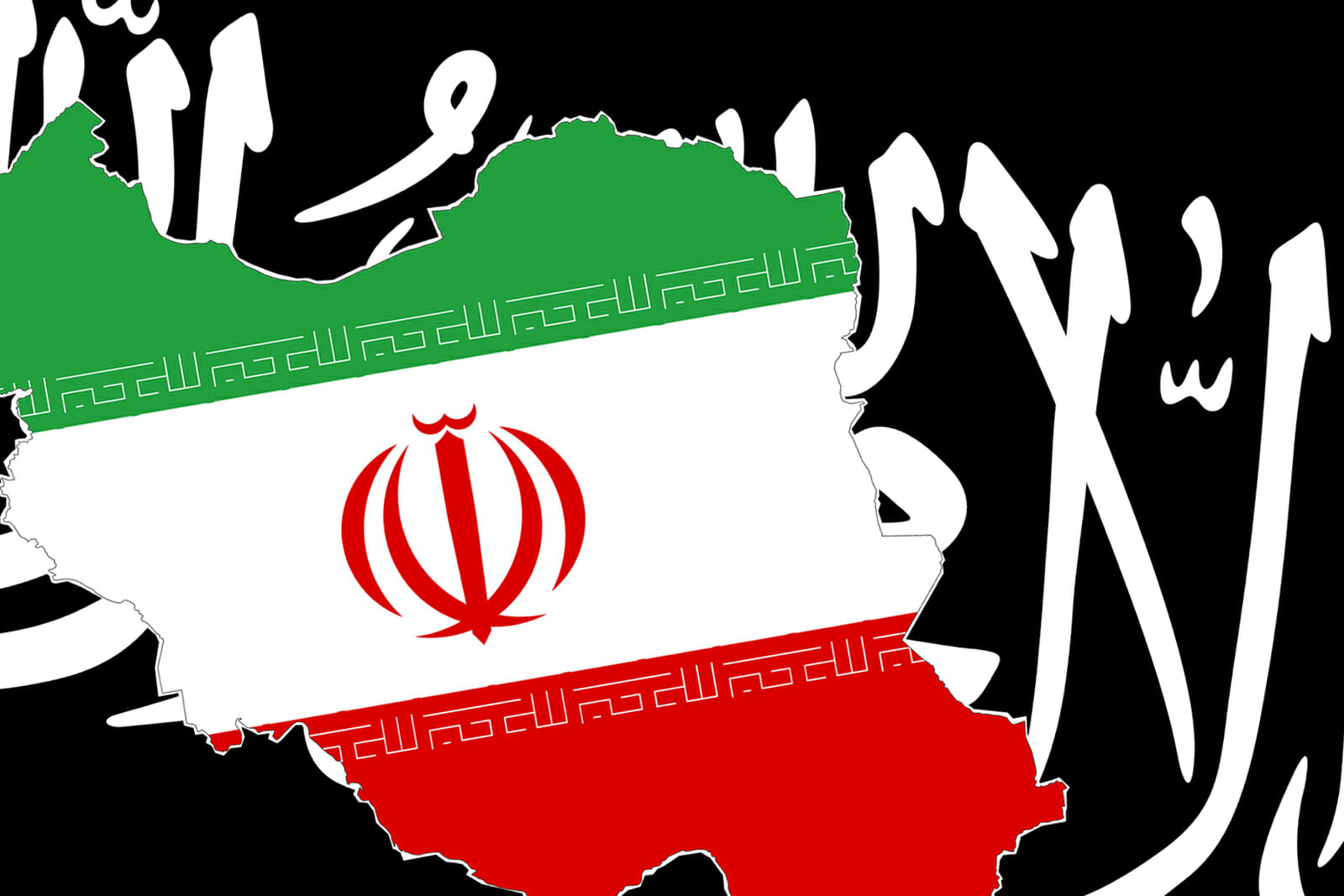
Iran and Al-Qaeda: Address Separate Threats as Separate Issues
Al Qaeda and Iran should be enemies. The Islamic Republic of Iran is a conservative Shiite theocracy and al Qaeda is a Sunni jihadist terrorist group. So why have members of al Qaeda been reported in Iran? Former Secretary of State Mike Pompeo charged Iran with providing safe haven to al Qaeda days before leaving office. Pompeo claimed al Qaeda was “poised to gain strength and capabilities” from the partnership. The Iran/al Qaeda relationship rattles any conventional understanding of Middle East power dynamics, and the prospect of Iran providing safe haven to al Qaeda would be an enormous security threat. The relationship is, however, more transactional than deep, and Iran is not the next Afghanistan. The threats from Iran and al Qaeda are distinct. The United States should address these separate threats as separate issues.
Iran’s hospitality to al Qaeda is problematic, but it is far from a partnership. Iran and al Qaeda share the goal of eliminating foreign threats, particularly America, from the Middle East. Yet their interpretations of Islamic doctrine and governance are irreconcilable. According to the 9/11 Commission Report, in the 1990s some senior al Qaeda operatives received training in Iran. After 9/11, Iran held al Qaeda members in custody and exchanged them for a kidnapped Iranian diplomat in 2011 and another in 2015. The 2015 prisoner exchange granted al Qaeda members freedom of movement within Iran, but in reality, there are strict limits on them and tight monitoring. The relationship between Iran and al Qaeda is one of deep contention, with occasional transactional cooperation. There is no good evidence to suggest Iran has provided material support for al Qaeda operations.
The United States should be concerned most not with al Qaeda’s presence in Iran, but with al Qaeda’s resurgence in Afghanistan. Al Qaeda has maintained active coordination with the Taliban and members swear allegiance to the Taliban’s leader. The Taliban’s recent advances around the city of Kandahar demonstrate its growing threat to the Afghan government. If the United States withdraws all its forces from Afghanistan by September 11, 2021, as the Biden administration announced, al Qaeda will benefit directly. The United States should position the bulk of its efforts to counter al Qaeda in Afghanistan, not in Iran.
The United States should take full advantage of its diplomatic tools to counter Iran. United States diplomacy should emphasize Iran’s hospitality to al Qaeda as a way to diminish Iran’s political influence in the Arab world, particularly in Iraq, Yemen, Lebanon, and Syria. American diplomacy should also counter Iran’s extensive influence by pressing Gulf Arab states to invest in countries like Iraq, Yemen, Lebanon, and Syria. The United States should also support the expansion of the Abraham Accords and encourage Israel and Saudi Arabia’s informal cooperation. These diplomatic efforts take important steps to effectively align the region against Iran’s malign activity. United States diplomacy can help build a more economically and politically cooperative region, which will have the foundation to better counter Iran now, and incorporate Iran in the future when it becomes politically viable.
The claim that Iran and al Qaeda are forming a deep alliance is unfounded. There is a very small presence of al Qaeda members in Iran, and they are living under surveillance and restrictions. The conditions in Iran do not allow for it to be a significant strategic base or safe haven for al Qaeda. The United States should not re-orient its Iran and counterterrorism strategies based on a false assumption of the nature of the Iran-al Qaeda relationship. Doing so would overstate the threat and could potentially misguide United States efforts to effectively halt al Qaeda’s resurgence in Afghanistan. The threats from Iran and from al Qaeda are real and distinct. Addressing these separate threats separately enhances America’s ability to achieve policy success.
